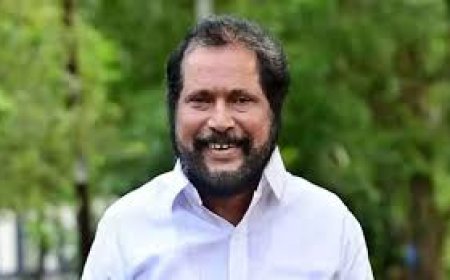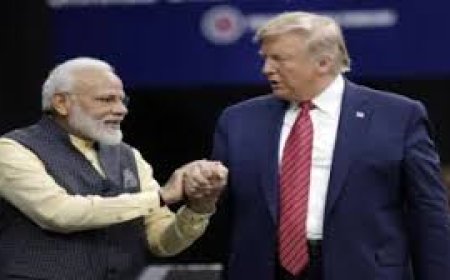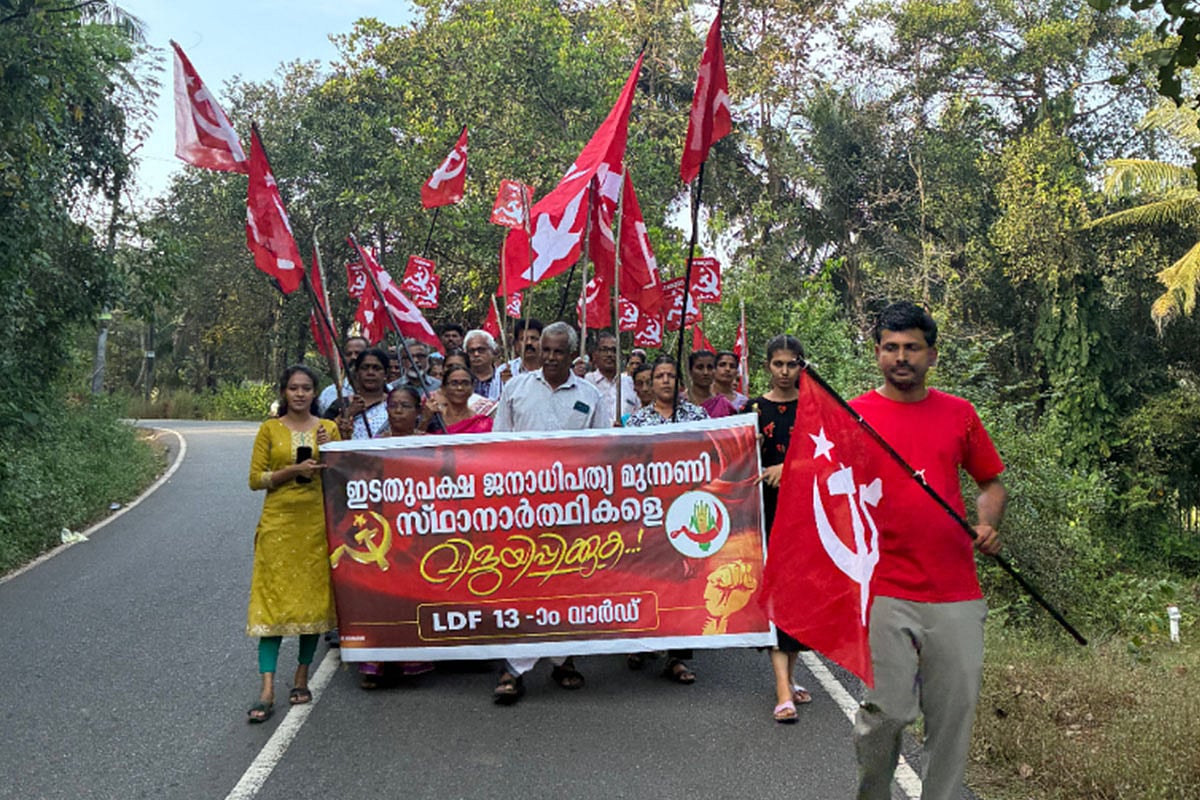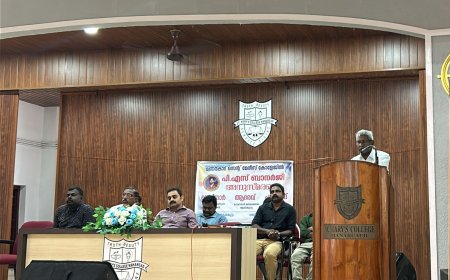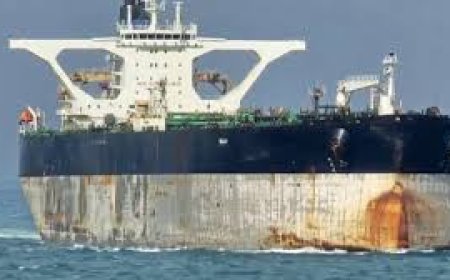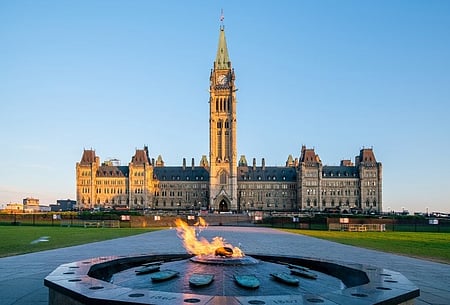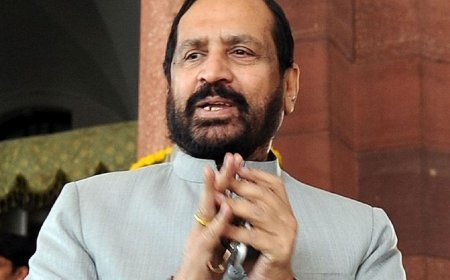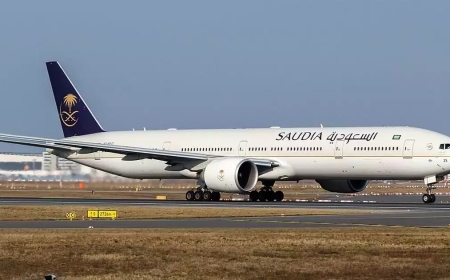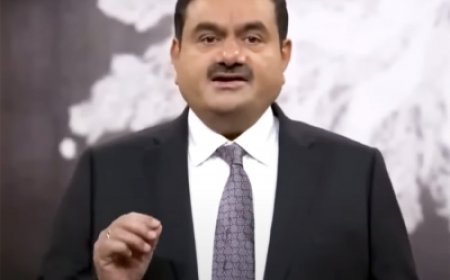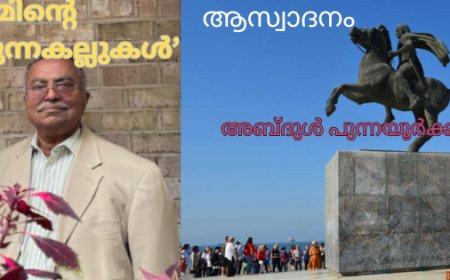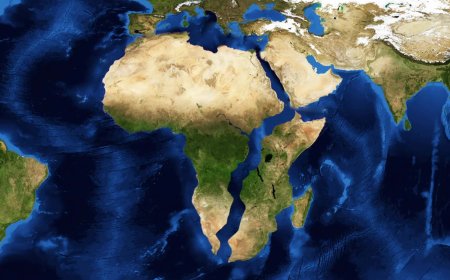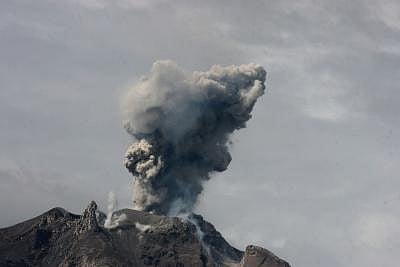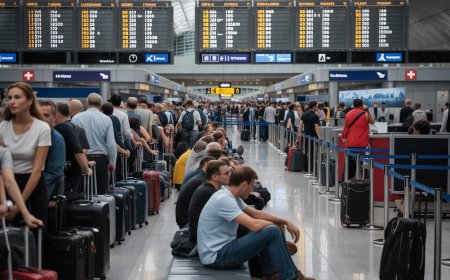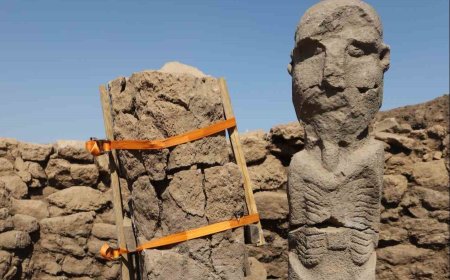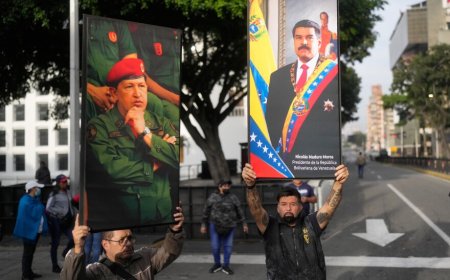India confirms receiving Bangladesh's request for Sheikh Hasina's extradition – MEA says plea ‘under examination’
Ousted Bangladesh PM Sheikh Hasina sought shelter in India in August following the massive student protests. Earlier this month, she was sentenced to death for crimes against humanity during the protests.

INDIA, on Wednesday, confirmed receiving Sheikh Hasina's extradition request from Bangladesh, stating that it is “being examined as part of ongoing judicial and internal legal processes”.
The Ministry of External Affairs (MEA) spokesperson Randhir Jaiswal said, "Yes, we have received the request, and this request is being examined as part of ongoing judicial and internal legal processes. We remain committed to the best interest of the people of Bangladesh, including peace, democracy, inclusion and stability in that country and will continue to engage constructively in this regard with all stakeholders."
Bangladesh had made an extradition request first in December and another earlier this month, after Hasina was sentenced to death for crimes against humanity during the July uprising last year. Bangladesh Foreign Adviser Touhid Hossain had said that Dhaka is preparing a letter to send to New Delhi for the ousted PM's extradition, Bangladeshi media outlet The Daily Star had reported earlier.
In December 2024, the foreign ministry wrote to India's MEA, seeking to repatriate Hasina, who sought shelter in India in August following the massive student protests.
What does extradition treaty say?
Earlier, an Indian government source had mentioned that extradition is a lengthy process which requires review of tribunal documents to ensure due procedure, fair representation, and credible testimony, Reuters had reported.
An extradition treaty between India and Bangladesh, signed in 2013 and amended in 2016, is based on the principle that both nations are required to treat the offence as a crime.
Article 2 of the treaty – as stated on the MEA website – outlines the extradition offences. It states: "In determining whether an offence is an offence punishable under the laws of both Contracting States, it shall not matter whether the law of both Contracting States place the act or omission constituting the offence within the same category of offence or denominate the offence by same terminology".
Can extradition be denied?
The treaty also lists out the circumstances under which an extradition can be denied. Under Article 6 (1), extradition can be refused for political offence. Article 6 (2) states that serious crimes like murder, terrorism, kidnapping, violent acts, incitement to murder, and firearm offences are not considered political.
Article 8 states that extradition can also be refused if the person can show that the offence is too minor to justify such a serious step, too much time has passed since the alleged act or escape from justice, or the charges were made in bad faith and not for genuine legal reasons.
